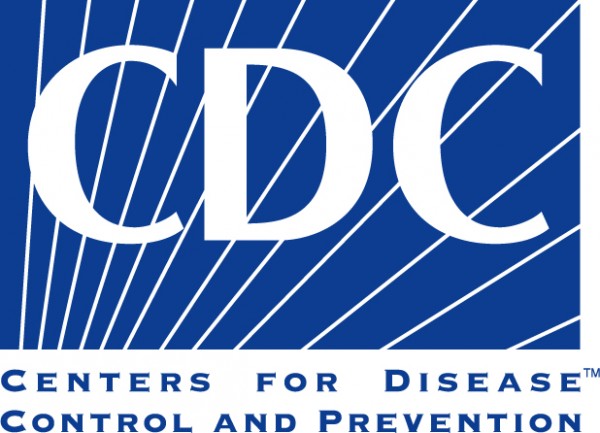CDC Updates Its List of COVID-19 Symptoms, Here’s the Latest

The Centers for Disease Control and Prevention recently updated its list of COVID-19 symptoms posted on its website a few weeks back. However, the agency was ignored for several weeks and only got the public's attention early this week.
But the CDC just made a few more remarkable modifications to its COVID-19 projections. In addition, the organization updated on Thursday "medical conditions page," employing that which has been available since May 29, 2020.
The page indicates that CDC is discovering new things about the pandemic each day, and as this new finding becomes available, the agency said it would update the information.
According to ABC13, CDC specifically took out "age alone, as a risk factor for severe COVID-19," and added several other conditions to the list of symptoms that could worsen the progression of the said virus.
ALSO READ: COVID-19 Infects Pregnant Women More, Easier to Spread in Crowded Homes, Study Says
CDC's Updated Information
Per the organization, any individual regardless of age, who experiences certain conditions, is at heightened risk of severe disease.
Such conditions include: Chronic kidney disease, chronic obstructive pulmonary disease or COPD, weakened immune system or "immunocompromised state" from a solid organ transplant, obesity, serious heart ailments like coronary art disease for one, type 2 diabetes mellitus and sickle cell disease.
For obesity, CDC indicated that the BMI index for the condition had been lowered to 30 from its "formerly stated 40" while sickle cell disease has been added to the list of "increased risk of severe illness."
Furthermore, the organization gathered, too, a second medical conditions list. Specifically, individuals who suffer from certain conditions might be at a greater danger of developing a severe COVID-19 case.
The said conditions are asthma, from moderate to severe; cerebrovascular illness impacting blood vessels and the brain's blood supply; cystic fibrosis; high blood pressure or hypertension; weakened immune system from bone marrow or blood transplant; HIV; immune deficiencies; consumption of immune weakening medicines; and use of corticosteroids, among others.
The CDC also included other neurologic conditions like dementia, pregnancy, liver disease, smoking, pulmonary fibrosis, Thalassemia, and type 1 diabetes, in its modified list of COVID-19 symptoms.
DON'T MISS THIS: Young People in the US Are Increasingly Contracting COVID-19
Pregnancy as a Surprising Addition to the List
The agency provided, too, the evidence is used to update "the list of underlying medical conditions" that increases the danger of severe disease.
Surprisingly, added to the list is pregnancy. The CDC said the condition because it saw and detected that pregnancy augments the danger of hospital confinement and severe experience of COVID-19 of women.
Statistics explains that the research the agency used for the updated guidance observed 8,000 participating individuals and discovered that pregnant individual where half more possible to be confined at the hospital than infected non-pregnant women.
Meanwhile, 70 percent are more likely to require ventilation. Prior to this update, the organization stated that people at an increased risk of severe COVID-19 cases included those aged 65 years and up, those residing in nursing homes or several other long-term care facilities.
Those with a heart condition, obese, with diabetes, chronic kidney ailment, and liver failure are also included in the list. Even people experiencing lung disease or any other immune-system weakening health condition are also part of the conditions the CDC included in its updated list.
IN CASE YOU MISSED THIS: Drug Company Tests Remdesivir's Inhaled Version as Potential Treatment for COVID-19
Jun 27, 2020 08:30 AM EDT





